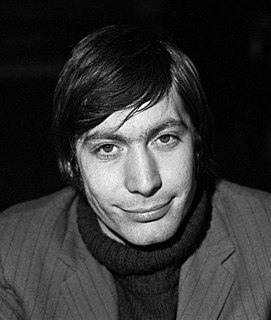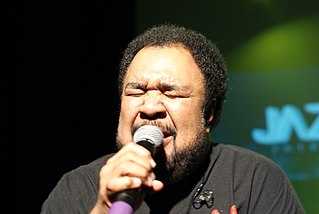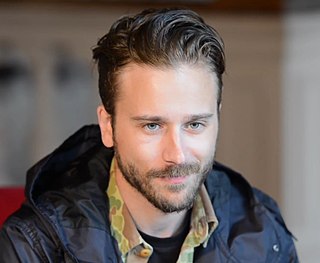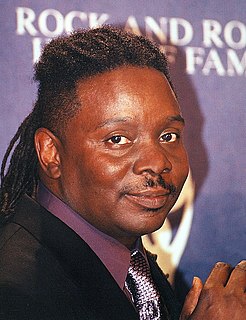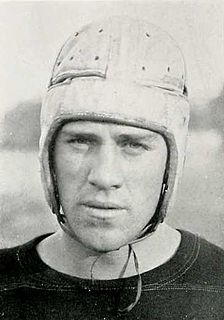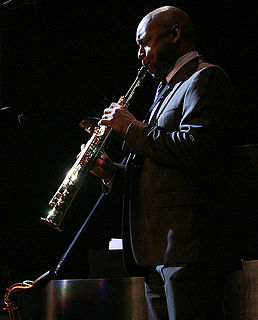A Quote by Rodney Crowell
It evoked Picasso and Miles Davis for me — two great artists who totally indulged themselves in their work and who they were, but they certainly didn't give a damn what other people thought.
Related Quotes
When we came up, Clive Davis and other record execs would do anything to keep Miles Davis, Aretha Franklin, even Johnny Mathis intact, because they wanted to keep alive a musical legacy. As a result, those artists were able to spend 30 to 40 years in the business and still make a living, still have a fan base.
Today, a young person that doesn't know themselves will totally be sold some other situation. Let's do your avatar. You know? And young people are going out, spending what little they have to try to buy themselves when they don't have themselves, or they feel like they don't have themselves. To me, that's like a damn pimp tragedy.
When I first came to New York, in the '70s, artists were certainly divided about the Andy Warhol persona, and about the work. I thought it was utterly cool - I thought the Factory was utterly glamorous - but there were a lot of artists I really admired and respected who were older that kind of dismissed it, couldn't get it, and felt that there was a lack of seriousness about it.
Miles Davis had been in retirement for five or six years and he was coming out of retirement and he was looking for young guys. Somebody gave him my name and he called me and said, "Can you show up at Columbia Studios in two hours?" I'm like, "Whoa, is this the real Miles Davis?" He's like, "Yeah." So I showed up and yeah, it was intimidating, but music is so important to me that the intimidation was all before the notes started.
Ultimately, it comes down to taste. It comes down to trying to expose yourself to the best things that humans have done and then try to bring those things into what you're doing. Picasso had a saying: good artists copy, great artists steal. And we have always been shameless about stealing great ideas, and I think part of what made the Macintosh great was that the people working on it were musicians and poets and artists and zoologists and historians who also happened to be the best computer scientists in the world.

